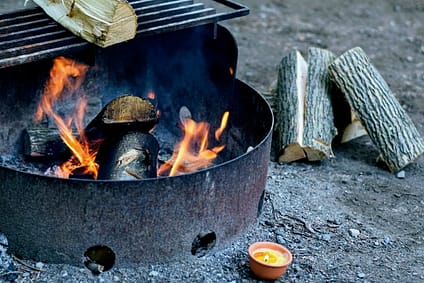Many years ago, I saw this cool documentary on the history of the holiday of Christmas, its' origins and transformation throughout the years. It was featured on The History Channel. Back then, I had recorded it from my VCR onto a tape, but recently I found it on YouTube and thought that I would share it with you. It is about 45 minutes in length, but I promise you it is well worth your time watching!
I also included a bit of extra info regarding Yule traditions! I hope you enjoy!
🎅🎄🎇🔔🎅🎄🎇🔔🎅🎄🎇🔔
(Excerpts shared from "Harvest Moon Enchancements" by The Good Witch)The twelve days of Christmas originate with the Norse, beginning the night before the winter solstice and ending on the 6th of January when all decorations are removed.
Many of our modern traditions are rooted in the old pagan celebrations.
Mother Earth is asleep. It is a time of death, no crops grow, the earth is barren and food may be scarce.
Each day following the solstice grows longer with increasing sunshine and the promise of a rebirth of life.
Anthropologist E.W. Budge believed that this event was celebrated as long as 12,000 years ago.
- Yule is our celebration of the rebirth of the Sun. It is our rejoicing of the triumph of life over death.
- The theme of Yule is the return of light and the everlasting life of evergreens, representing continuing life.
- The earth has grown silent. It is the dark days, a time for contemplation of the year that has passed. It is a time of planning new beginnings, fresh starts, and the promise of blessings and things to come.
- It is a reaffirmation of life everlasting. We decorate with a focus on evergreens representing life – bay leaves, mistletoe, holly, vines, and holly berries. The trees of Yule are spruce, fir, and pine. Pine represents protection, healing, purification, wealth, rebirth, and immortality. We decorate with candles to welcome back the light.
- This is a day of feasting, dancing, and merry-making. No work is done on this day.
- The Norse believed that bells scared away bad fairies and scared away the dark. That is where the tradition of jingle bells originated.
Activities and Decorations:
Yule and the winter solstice are perhaps the busiest sabbats we have. It is combined with Christmas celebrations full of activities, parties, and family fun.
Yule is a celebration of the Sun.
Bonfires are lit, and a festival of lights represents the returning Sun. This is the origin of the tradition of hanging Christmas lights on our houses. This stems from the belief that “As above, so below.”
Light is the main theme of the winter solstice. Adorn your home with candles. The color white is for the returning light, green is for life everlasting, and red represents the sun.
The Yule Fire:

A Yule fire is a major feature to celebrate Yule and the winter solstice. Often, a piece of the Yule log from the prior winter will be saved to ignite this fire.
If you have no fireplace, an outdoor firepit or even a white candle placed in your cauldron can be used. Traditionally, the Yule fire remains burning till dawn🔔🔔🔔🔔🔔🔔🔔🔔🔔🔔🔔🔔🔔🔔🔔🔔🔔🔔
FYI, this is a wonderful book written by Dorothy Morrison entitled, "Yule: A Celebration of Light & Warmth"!


Thank you for this interesting post. Your information is accurate and right on target. When I was a child my mother had a book about this. It was written by a Catholic priest but later banned.
ReplyDeleteChristmas traditions are indeed based on ancient pagan celebrations. It has nothing to do with Jesus, whom historians now believe was born in autumn, not winter.
Many people prefer not to hear about this, but the truth is coming to light.
I'm just rambling (as always).
Many Yule blessings!
Fun post. I enjoyed the info.
ReplyDelete
ReplyDeleteThe Yule information was very interesting. Thank you for sharing.
A sad day here. We had to put our beloved kitty, Eddie, to sleep. He
was 16 years old...maybe older. He was a rescue from the Humane Society 11 year ago. He was a tuxedo kitty. He brought unconditional, unending love. He has a long history of triaditis and had basically quit eating. He'd lost so much weight in the last few months. It was time to say goodbye. Rest in peace my sweet Eddie.
Paranormal John
I am so sorry, John. My heart breaks for you truly. It is so very hard to lose a treasured member of our family.
ReplyDeletePrayers,
Kim